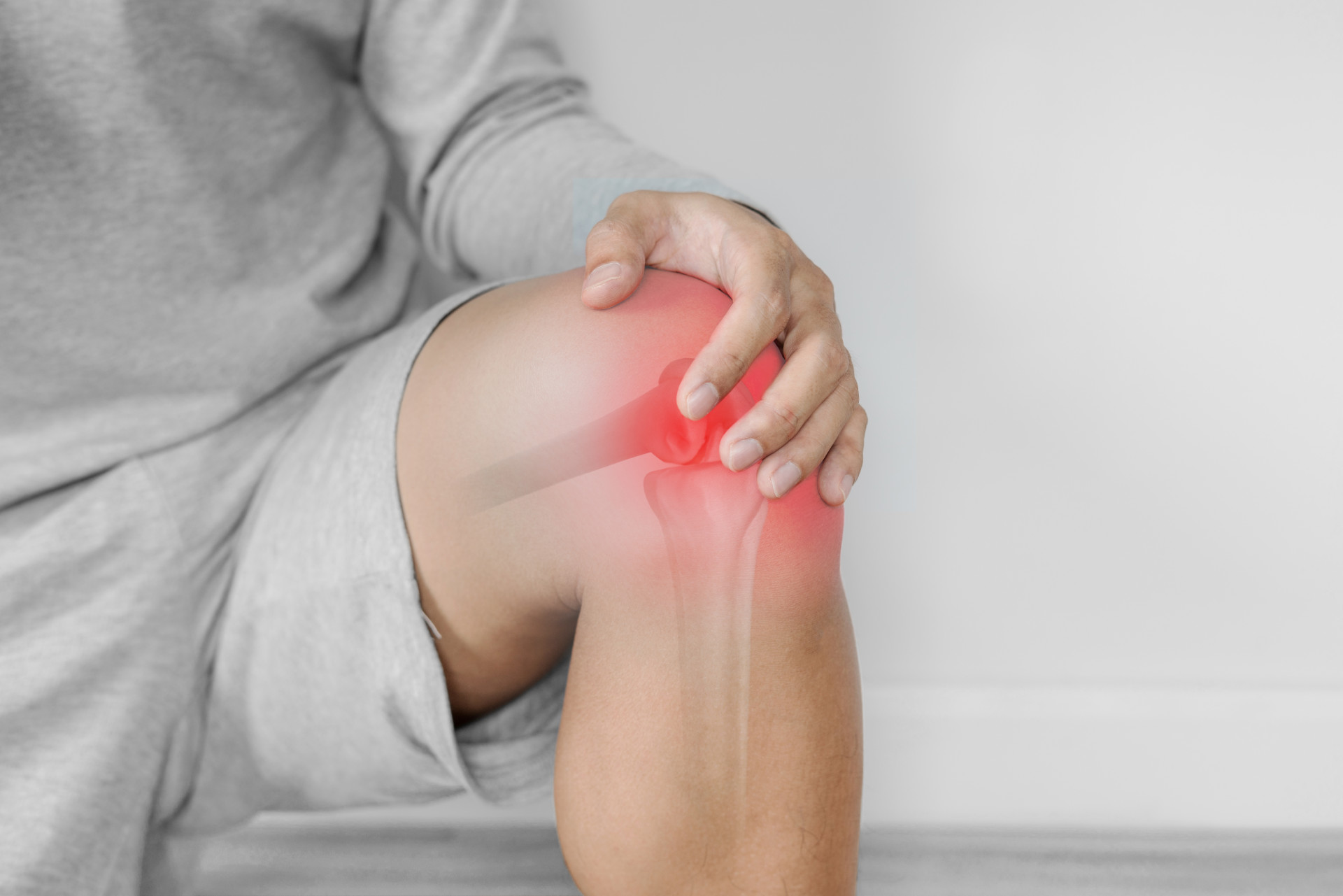
Knee pain can greatly impact your quality of life, making everyday activities difficult and painful. While knee replacement surgery is a common solution for severe cases of knee osteoarthritis, there are non-surgical alternatives that may help alleviate pain and improve mobility. Before opting for surgery, it is worth exploring these non-invasive options to see if they can provide relief.
Non-Surgical Alternatives
1. Physical Therapy
- Physical therapy can help strengthen the muscles around the knee, improve flexibility, and reduce pain.
- A physical therapist will create a customized exercise program tailored to your specific needs and abilities.
- Regular physical therapy sessions can improve your overall knee function and delay the need for surgery.
2. Weight Management
- Being overweight puts extra stress on your knees, exacerbating pain and inflammation.
- Losing weight through a healthy diet and regular exercise can reduce the strain on your knees and improve mobility.
- Consulting with a nutritionist or a weight loss specialist can help you develop a personalized weight management plan.
3. Injections
- Corticosteroid injections can provide short-term pain relief by reducing inflammation in the knee joint.
- Hyaluronic acid injections can help lubricate the joint and reduce friction, improving mobility and reducing pain.
- Platelet-rich plasma (PRP) injections use your body's own healing properties to promote tissue repair and reduce pain.
Alternative Therapies
1. Acupuncture
- Acupuncture involves the insertion of thin needles into specific points on the body to alleviate pain and improve energy flow.
- Some individuals find acupuncture helpful in reducing knee pain and improving mobility.
- Consult with a licensed acupuncturist to see if this therapy is right for you.
2. Supplements
- Glucosamine and chondroitin supplements are commonly used to support joint health and reduce pain in individuals with knee osteoarthritis.
- Omega-3 fatty acids have anti-inflammatory properties that can help reduce knee pain and swelling.
- Turmeric, ginger, and Boswellia are herbs and spices known for their anti-inflammatory properties and may help alleviate knee pain.
3. Therapeutic Taping
- Kinesiology tape can be applied to the knee to provide support, reduce pain, and improve proprioception.
- The tape is flexible and allows for a full range of motion while providing therapeutic benefits.
- Consult with a physical therapist or a sports medicine specialist to learn how to apply therapeutic tape properly.
Lifestyle Changes
1. Low-Impact Exercise
- Engaging in low-impact exercises like swimming, cycling, and yoga can help strengthen the muscles around the knee without putting excessive strain on the joint.
- Regular exercise can improve joint flexibility, reduce pain, and promote overall physical health.
- Consult with a fitness trainer to develop a customized exercise plan that suits your fitness level and goals.
2. Assistive Devices
- Using assistive devices like a cane, walker, or knee brace can provide support and stability, reducing strain on the knee joint.
- Orthotic shoe inserts can help align your feet and lower limbs properly, reducing excessive pressure on the knees.
- Consult with an orthopedic specialist to determine the most suitable assistive devices for your needs.
3. Hot and Cold Therapy
- Applying heat packs or ice packs to the knee can help reduce pain, inflammation, and stiffness.
- Hot baths, warm compresses, or cold packs can provide temporary relief from knee discomfort.
- Alternate between hot and cold therapy to determine which works best for your pain management.
Before trying any non-surgical alternatives, it is important to consult with your healthcare provider or an orthopedic specialist to determine the most suitable treatment plan for your specific condition. While these options may help alleviate knee pain and improve mobility, they may not be suitable for everyone. Your healthcare provider can help you make an informed decision about the best course of action for your knee health.